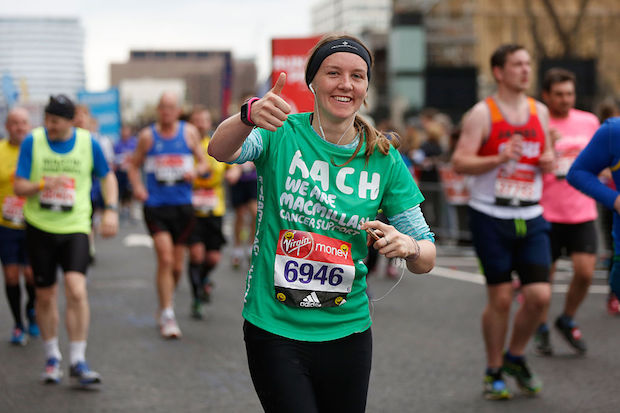A new body called the Charity Tax Commission has been asked to look into the £3.7 billion tax reliefs given to charities. The Financial Ombudsman, Sir Nicholas Montagu, chairs the commission. He asks, ‘Are the right charities benefiting and should we start asking some awkward questions about whether there might be more to show for the money if we distinguished between charities?’ He invites the views of interested parties.
Jonathan Ruffer, the rescuer of Auckland Castle, about whom I have written in these pages, has sent Sir Nicholas an interesting reply, based on his experience of giving away £200 million (95 per cent of his post-tax income) to charitable causes. He strongly challenges the idea of the ‘right’ charities. The principle of charity, Ruffer says, ‘is an absolute’. Of course, charities should be policed to check abuses, and there could be a redefinition, in law, of what a charitable activity is; but once one charity starts to be officially defined as ‘better’ than another, the whole principle of charity falls apart. The state takes over, prioritising, directing and distorting the charitable impulse: charities become, in effect, state agencies. This compromises the freestanding nature of charity and the free-will gift of the donor.
For the same reason, the idea of HMRC getting ‘value’ for the money it foregoes in tax relief is ‘wrongly conceived, as well as being morally repugnant’. Charity is a vital social principle, but not a government one. Britain has for centuries been outstanding for ‘the depth and quantum of its charitable impulse’. Don’t interfere with it, says Ruffer.







Comments